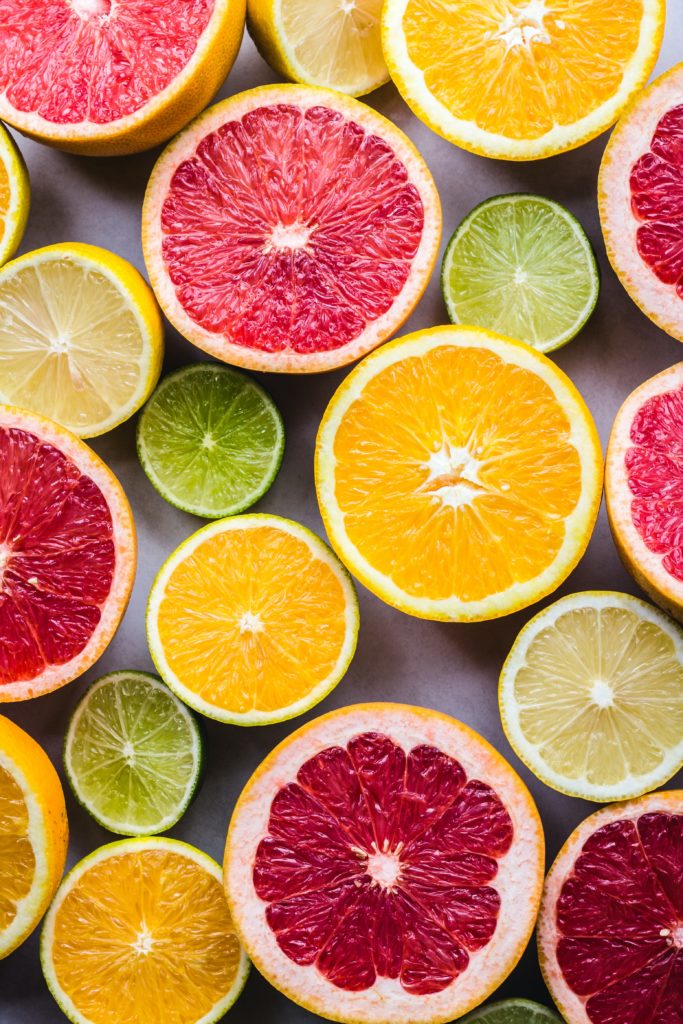The power of vitamins
What exactly are vitamins and what do we need them for?
Vitamins are vital micro-nutrients which, with a few exceptions, the body cannot synthesize on its own — they are therefore essential substances. This means that they have to enter the body externally, which usually happens through food intake.

Vit D is an exception — the body can produce it itself in certain quantities. In addition, the human intestine can also produce vitamin K and B12 with the help of bacteria. However, these quantities are too small to supply the organism sufficiently.
Vitamins are not direct energy suppliers, but they are needed for growth and recovery and for maintaining good health. Above all, they play an important role for the:
- immune system
- nerves
- muscles
- bones
- eyes
- cardiovascular system
- intellectual capacity
Types of vitamins
Vitamins can be divided into two different groups. There are the so-called lipophilic (fat-soluble) and hydrophilic (water-soluble) vitamins. The fat-soluble vitamins include vit A, D, E and K — these can be stored by the body. They are well absorbed, especially by the intestines, as soon as fat is supplied. Water-soluble vitamins are, for example, all B vitamins, which in turn cannot be stored (except vit B12) and are excreted quite well via the kidneys.
The importance of a varied diet

It is important not to have a one-sided diet, but to have a certain balance and variety. Vegetables should make up the largest part of the diet. It is recommended to eat two bowls (0.3 l each) of vegetables and one bowl of fruit per day.
It should be noted that fruit and vegetables should not be stored for long after shopping. They should be eaten as fresh as possible so that the vitamins they contain do not lose their effect. If no fresh fruit and vegetables are available, frozen fruit and vegetables can be used as an alternative — provided they are as natural as possible. For frozen and fresh fruit and vegetables, however, cooking methods should be used (if they are cooked) that are gentle on the food. Thus the vitamins cannot die.
But also the daily intake of dairy products and the intake of fish once or twice a week should not be forgotten. For example, eggs, meat and sausages contain vitamin B12 — so they can also be consumed in moderation.
Taking vitamins

Usually, people who maintain a balanced diet are well supplied with vitamins. However, for people who have an increased vitamin need or who belong to a risk group, supplementing their diet with vitamin supplements can make sense. This includes:
- athletes
- smokers
- pregnant women and nursing mothers
- vegans
- people in growth phases and stressful situations
- chronic inflammatory bowel diseases or atrophic gastritis patients
- people who do not take in enough nutrients overall
Supplements: yes or no?
It cannot be said exactly whether a dietary vitamin supplement is really advisable in individual cases — this should be discussed with a doctor or pharmacist. One critical aspect of fat-soluble vitamins, for example, is that the body cannot excrete them as well and can therefore overdose. Their side effects should not be underestimated, which can be possible if too much is taken. In this sense — as with all other things — the dose makes the poison!
Talking about health: find out how yoga can increase your sexual pleasure

